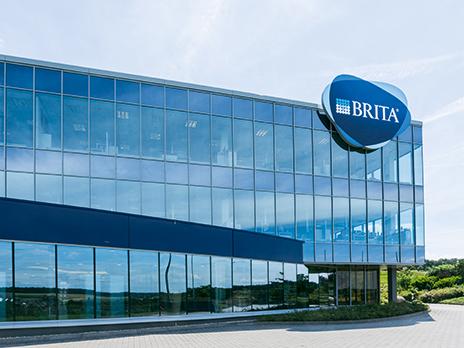The start of a new year brings fresh opportunities.
This year, more and more businesses are being encouraged to go green. For example, in 2022, the UK Government is due to introduce the plastic packaging tax and bring in mandatory reporting obligations under the Taskforce for Climate-related Financial Disclosures (TCFD). However, it isn’t just politicians putting pressure on businesses to change for the greener. Eight in 10 consumers are actively trying to reduce their plastic waste and many are willing to pay higher prices as a result. Not only that but research suggests employees will also appreciate efforts to reduce their employer‘s environmental footprint. A recent IBM survey found that 71% of job seekers want to work for environmentally sustainable companies after the pandemic.
When looking at what to prioritise in your business, it’s not always clear. Simply switching from single-use plastic to another disposable item made from a material such as paper or glass is not always the most environmentally-friendly action. It can have unintended consequences such as leading to increased carbon emissions or food waste. For small hospitality businesses with limited resources and other competing demands, the challenge of reducing single-use plastics can seem overwhelming.
If you’re struggling to think of ways you can go green this year, BRITA‘s new toolkit to help SMEs reduce their environmental footprint provides ample advice and guidance. We‘ve picked some top tips to start you off in 2022.





